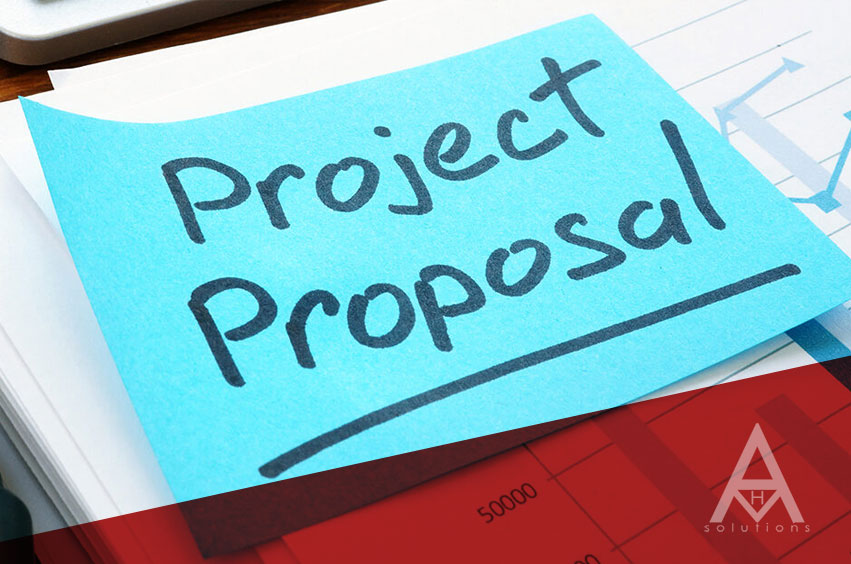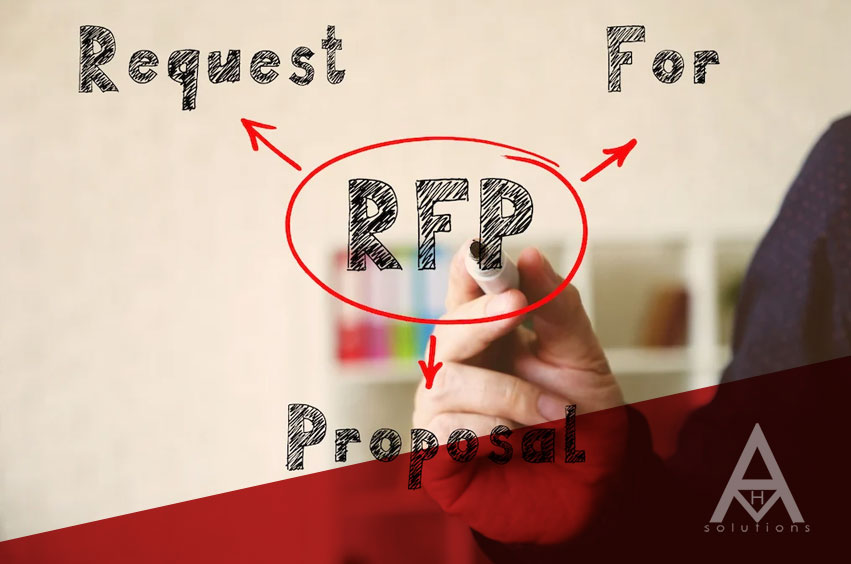
Request for Proposal Tips that Will Get Top-Quality Responses
Simply put, RFP means “request for proposal.” It’s a document typically submitted by a buyer or event planner to help ensure transparency and accountability for project goals and vendor choices.
In an RFP, the needs of the client are outlined robustly, including information like the required size of space, length of the event, and estimated number of attendees. When there are no preferred vendors for a given product or service, submitting multiple RFPs to vendors in an event’s intended location can aid an event planner in securing the highest ROI for the event. Poor event sourcing leads to poor results; these issues can be avoided by asking the detailed questions that exist within RFPs.

When to Commit to a Previous Vendor or Solicit New Opportunities
Though RFPs are broadly known as a way to source the best service when there are no preferred vendors, they are not off-limits in established client-vendor relationships. Developing a strong relationship with a certain vendor does not necessarily create a strict obligation to return year after
year.
Defaulting to a false sense of obligation or the ease of returning to what is familiar can be detrimental to the ROI of an event. Requiring RFPs of both new vendors and those with whom there is an established relationship allows event planners to remain informed of the current market value and secure the best service for a fair price.
How to Generate a Complex RFP in Six Easy Steps
Requests for Proposals have a specific structure that you should follow. The best way is to:
- Provide an overview of the intended event. This serves as a helpful primer to inform the reader as they work their way through the remainder of the document. Don’t be too broad; remember to save the bulk of the details for later on.
- State the purpose of the event. Is this meant to be a one-time or recurring event? Share the objectives of the event; the vendor may even have suggestions for how they can support you in meeting (and possibly measuring) them.
- Create an event profile to ensure a vendor can “check all of the boxes.” Sometimes, this profile
can be in a straightforward list form if that suits your needs. This portion of the RFP should include any and all information the vendor should address in their proposal. - Include an estimated intended budget. Disclosing a budget allows a vendor a bit of insight and ensures both parties’ expectations are more clearly aligned.
- Include contact information. At times, vendors may need further clarification as they craft a proposal. Enclosing contact information and even a preferred method of contact promotes open communication throughout the process.
- Share how you would like the proposal to be returned, an estimated timeline for decision-making, and when the event is meant to happen AT THE TIME OF SUBMISSION. It is crucial to share these submission details with your selection of vendors in order to ensure smooth sailing.
Understand the Next Step after You Receive Vendor Proposal Responses
Once a proposal is returned, it is key to review it carefully and negotiate with a vendor. Negotiation is incredibly common in the hotel industry; awareness of the competition that exists between hotels and conference centers plays a large role in event planners securing the absolute best offer. After an agreement is reached, the hotel representative managing the proposal can execute the booking. You’ll also begin to project manage the event in collaboration with your chosen service provider and if done well, your event will be a spectacularly smashing success.
Time to Craft Your RFP
Now that you know how to successfully draft an RFP you can put it to use in your event planning practices. There are many easy-to-use RFP programs that do a great job of helping event planners craft an RFP that will ultimately lead to a favorable contract.
Keep in mind that at Applied Meetings and Hospitality Solutions, excellence is not optional, it’s a standard. We know that your event is a reflection of your organization, and we aim to make the event management process as simple and effective for you as possible.
Leave the RFP work (and so much more to us). Learn more about our services as an extension of your team, yielding you the highest ROI feasible from every event you host.


